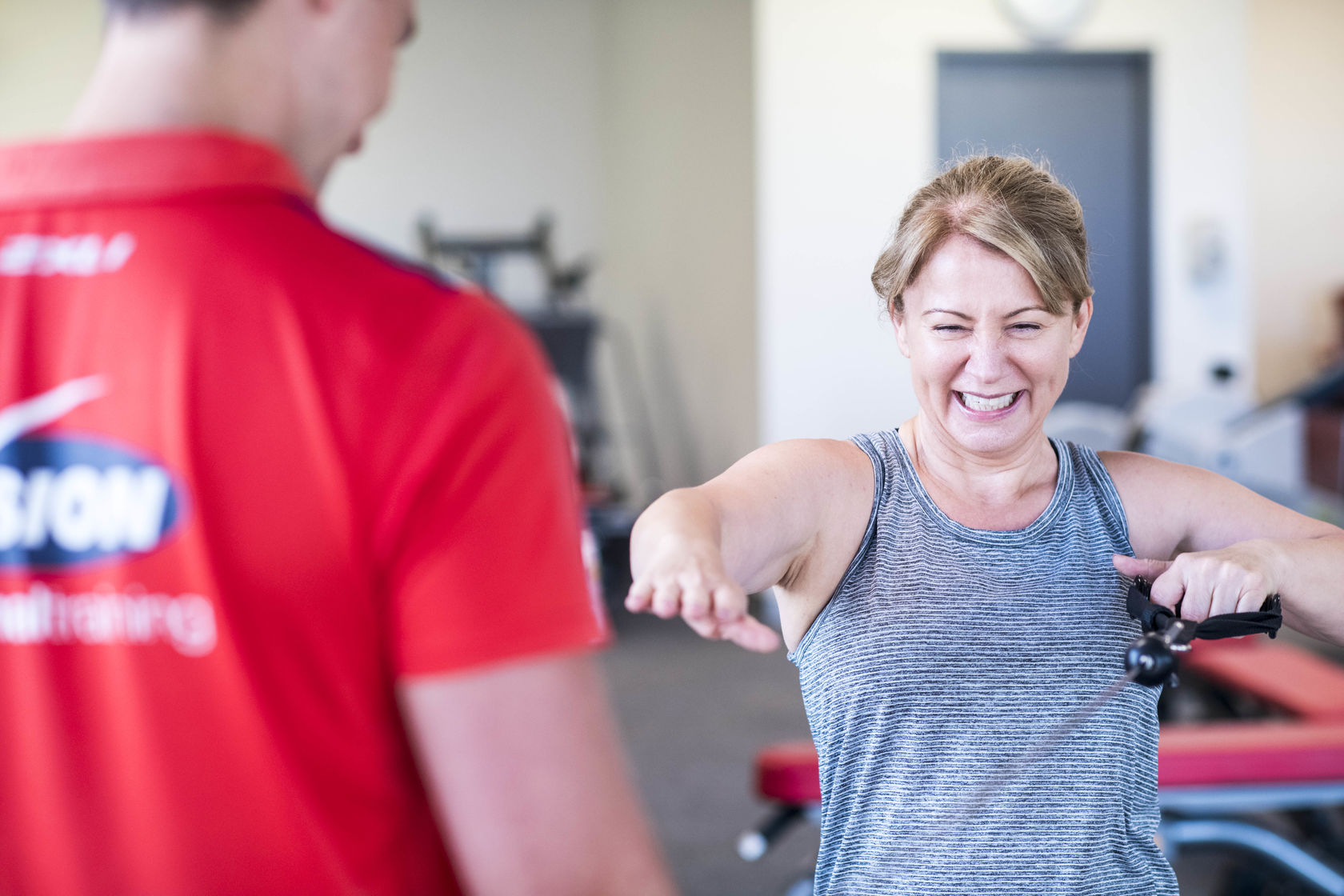If you like me find yourself short on time to exercise and cannot afford to spend hours of training in the gym, and are sick of following countless ''guaranteed'' workouts that you have found in magazines I have some good news for you!
Obviously the amount of training you really need will be dependent upon what your goals are, and what your current level is. Now the two most common mistakes I see are
1: The first mistake I normally see is that many gym goers believe that the fitter you are the more you need to do, unfortunately this could not be further from the truth.
2: The second mistake I normally see is people creating an exercise program so extreme that they fail right from the start, which leaves them in a poor motivational position.
The simple way to combat these two mistakes is to actually come to an understanding of the overload principle which is vital to making improvements. Now when I refer to overload principle I am not referring to vomiting and putting yourself into the fetal position after every session, all the overload principle requires is to increase the tension on either your cardio vascular or muscular skeletal system in each session. For example if you completed 10 squats at 10kg last week you would do 10 squats at 12.5kg this week.
Now you might be thinking it's not that simple I am trying to achieve the overload principle every week but I cannot do it the reason for this is probably due to your training schedule not allowing you to properly recover.
There are a few different systems you need to be aware of when looking at recovery surrounding your training.
Your muscular system, your cardiovascular system and your nervous system.
Now the first two are relatively easy to monitor. If you are sore that is a general indication that your muscular system has not fully recovered, if your puffed out that shows your cardio vascular system is fatigued. However the system most people tend to neglect their nervous system which is responsible for managing the other two. If your nervous system is fatigued even if your muscular system is functioning effectively you will not be able to make proper increases.
How long does it take your system to recover - The bigger the exercise equals the bigger the result but also the bigger the exercise the higher toll it has on your nervous system. If you do a big session of squats and deadlifts today then you will find that that will affect your benchpress tomorrow, Generally it takes the nervous system 48hrs to properly recover from a high intensity session, high intensity sessions could consist of:
1. Strength work (anything above 80% of 1rm for lower body and "whole body" movements such as deadlifts, squats etc.)
2. Sprints
3. Combat sports - sparring and heavy bag
4. Any activity performed with heightened and competitive emotional intensity (competitions)
5. Any activity performed under the influence of artificial stimulants
(Preworkouts, various energizing supplements)
So therefore I would recommend that you space these training sessions out throughout your week so that you can see proper improvements which means you would realistically be looking at doing these sorts of sessions only 3-4 times per week to get optimum results for your time, now there are also other forms of exercise you can do throughout the week that will not greatly fatigue your nervous system, these include:
1. Aerobic work
2. Sub-maximal speed work with full recoveries (runs less than 80% top speed)
3. Pad boxing
Now there are also other factors that can affect your nervous system through stress and prevent it from running at its full potential these include:
• High emotional reactions
• Financial problems
• Bad relationships
• Working long hours
• Stimulants like caffeine, sugar, alcohol
• Prescription drugs
• Poor and unhealthy diet
• Lack of sleep
• Poor digestion
• Hormone imbalance
• Exposure to toxins
• Degenerative changes in the body
• Poor posture
As you can see there are a lot of things in that list that you may be suffering from at this very moment, the way in which these things effect your nervous system are not so much by the event itself rather how you are reacting to it and allowing it to affect your stress levels. So the best advice I can give you if you are facing any of these challenges currently is to rest and do some light exercise, don't compound your problems by setting really high expectations of yourself in the gym.
But once you feel your nervous system is properly recovered you will again be able to refocus on your training and to start setting some SMART goals for your progress. Now remember the bigger the exercise the bigger the result so try to base your program around the big compound exercises e.g. squats, deadlifts and bench-press. Aim to train 1-3 times per week looking at increasing the weight by about 1.25-2.5kg each week which adds up to a lot after a 10 weeks period. Secondly try to keep these sessions below 30-40 mins as any time spent after that is a waste of time.
You can also focus on these improvements with your cardio vascular system through interval training by either decreasing the rest period or increasing the speed at which you cover a distance. Working this in with your weights training you might be looking again at doing this 1-3 times per week for some well-rounded results, again aim to keep these sessions between 20-30mins.
Now after explaining all of that don't think that if you cannot do 20-40mins a few times a week that it is a waste. Remember the key focus here was the overload principle so to increase the weight or intensity of that exercise. So if all you have is 5 mins that will be enough simply look back on what you did in the previous sessions and beat that target. E.g. if you did 10 reps at 10kg last week do 10reps at the best weight that you can today, similar with Interval training if you ran 1km in 6mins last week and you only have 5mins to spare today simply run as far and as fast as you can in that 5mins ensuring you are doing a faster time than last week. This will be enough to continue your advancement in training on those days/weeks that you are short on time.
I hope you found this article helpful and please do not hesitate to contact me if you have any questions.
*Disclaimer: Individual results vary based on agreed goals. Click here for details.

